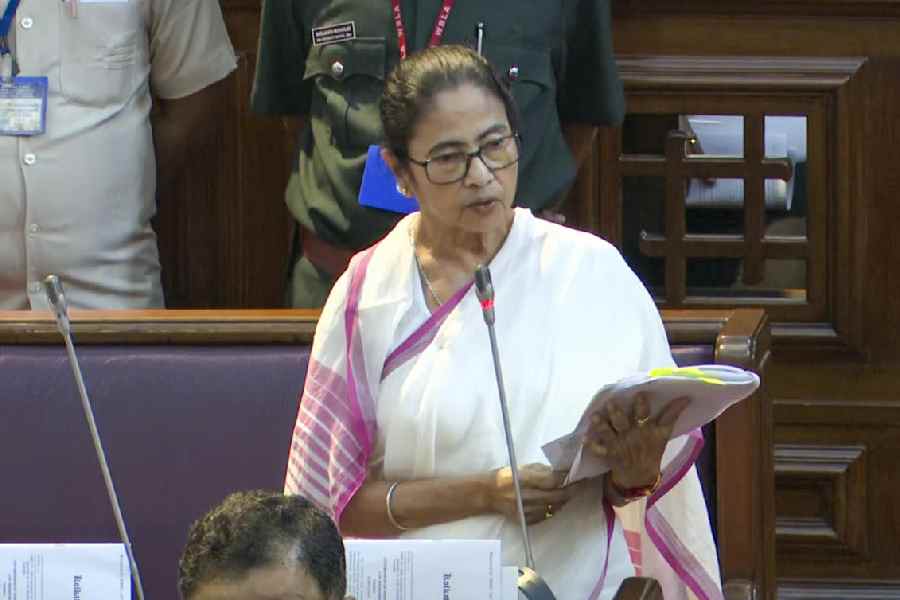The Aparajita Woman and Child (West Bengal Criminal Laws and Amendment) Bill, 2024 was passed in the Bengal assembly amidst an unusual development — the ruling Trinamool Congress and its principal rival, the Bharatiya Janata Party, spoke in one voice, that of support, about the bill. The dexterous management of political optics explains this rare moment of agreement between the two traditional rivals. Mamata Banerjee and her party have been on the back foot in the face of massive public protests over the rape and the murder of a young woman doctor at the R.G. Kar Medical College and Hospital. Bunglings by the police and the administration — they were taken note of by the Supreme Court — further added to the public ire. Ms Banerjee, who was critical of the prime minister’s inertia towards her demand for a new, tougher law, would be hoping to reclaim some of the lost ground with the help of the new anti-rape bill. Even if the bill, much like the ones in Andhra Pradesh and Maharashtra, fails to receive presidential assent, it would not inconvenience Ms Banerjee’s party: the TMC can always blame the Centre for sitting on it. The prevailing public demand for justice and stringent legal provisions against sexual assaults on women has forced the BJP in the same boat as its rival. But the BJP has an additional incentive: it hopes to transform this singular agitation into a wider political movement against Ms Banerjee’s government. Political considerations and optics, rather than meaningful interventions to expedite justice, are thus forcing the hands of both the TMC and the BJP.
The provisions of the bill and its unanimous passage testify to the eagerness of the political class to be seen to be acting with urgency and decisiveness that are rare. The bill penalises rape with life imprisonment or death along with a fine; there is death penalty for rape that results in the victim dying or being reduced to a vegetative state; a probe is to be completed within three weeks from the date of recording of the information by the police. There is no shortage of ironclad laws on sexual crimes in India; the problem lies with their shoddy implementation. Would the new bill be an exception? It is hard to tell. What is certain though is that the death penalty, as global studies have shown, need not be a deterrent against rape. Politicians across party lines use it as a fig leaf to cover their many failures on women’s safety.










